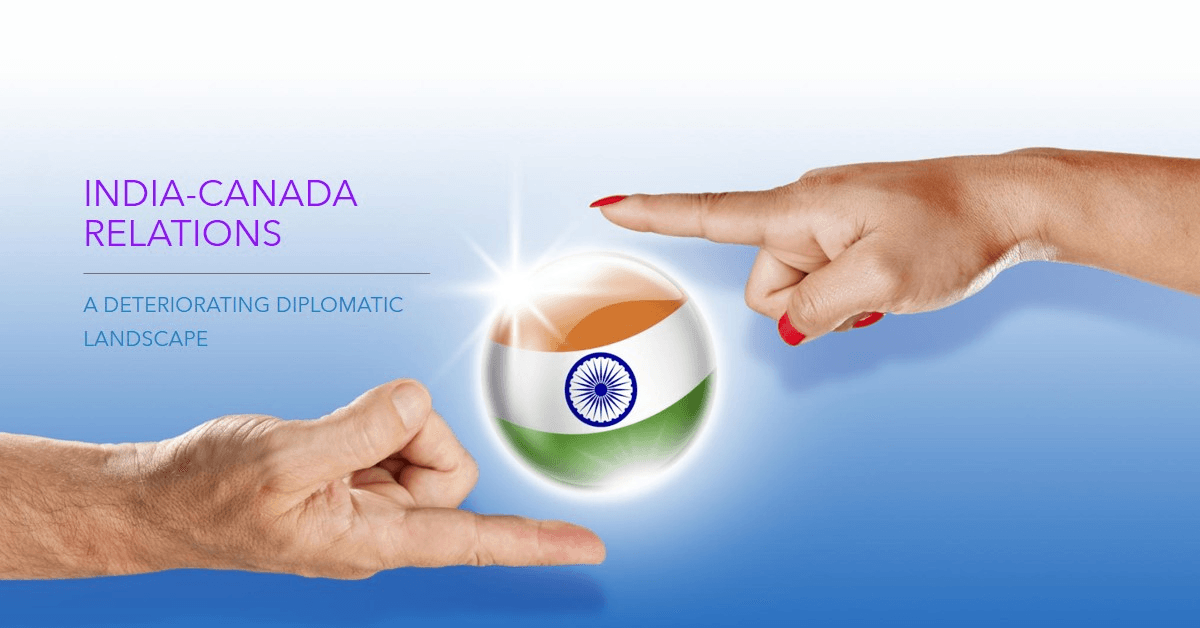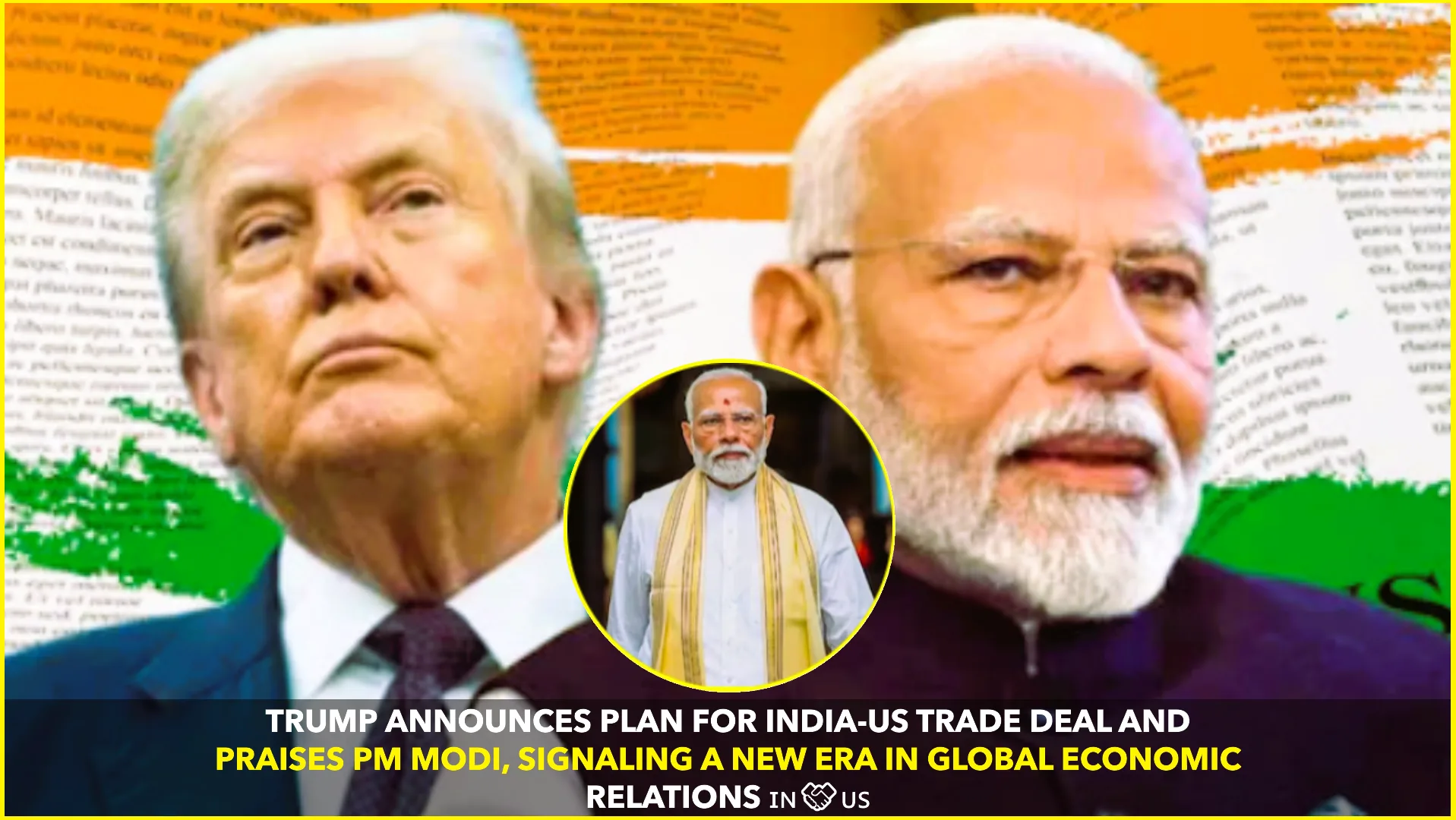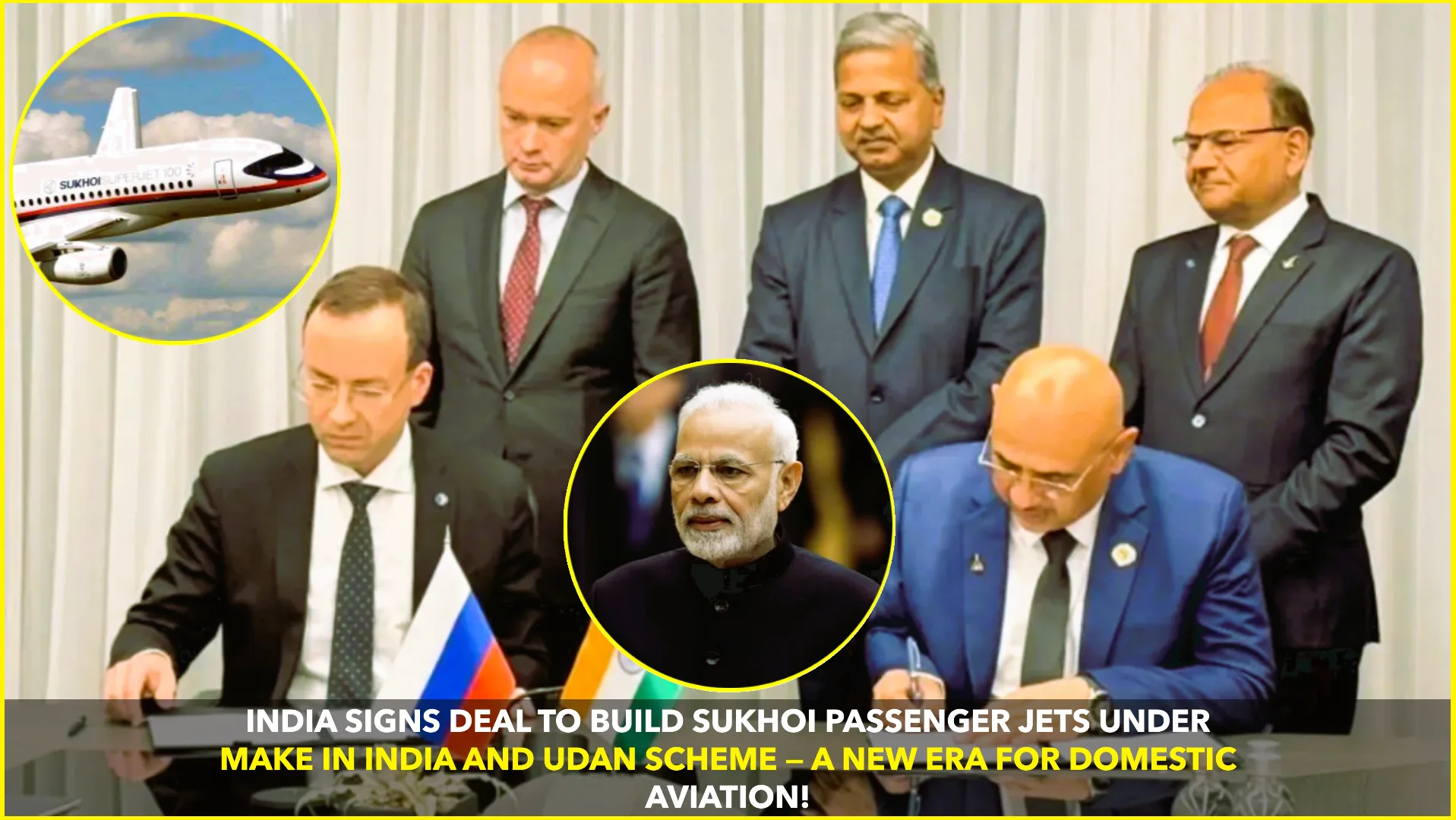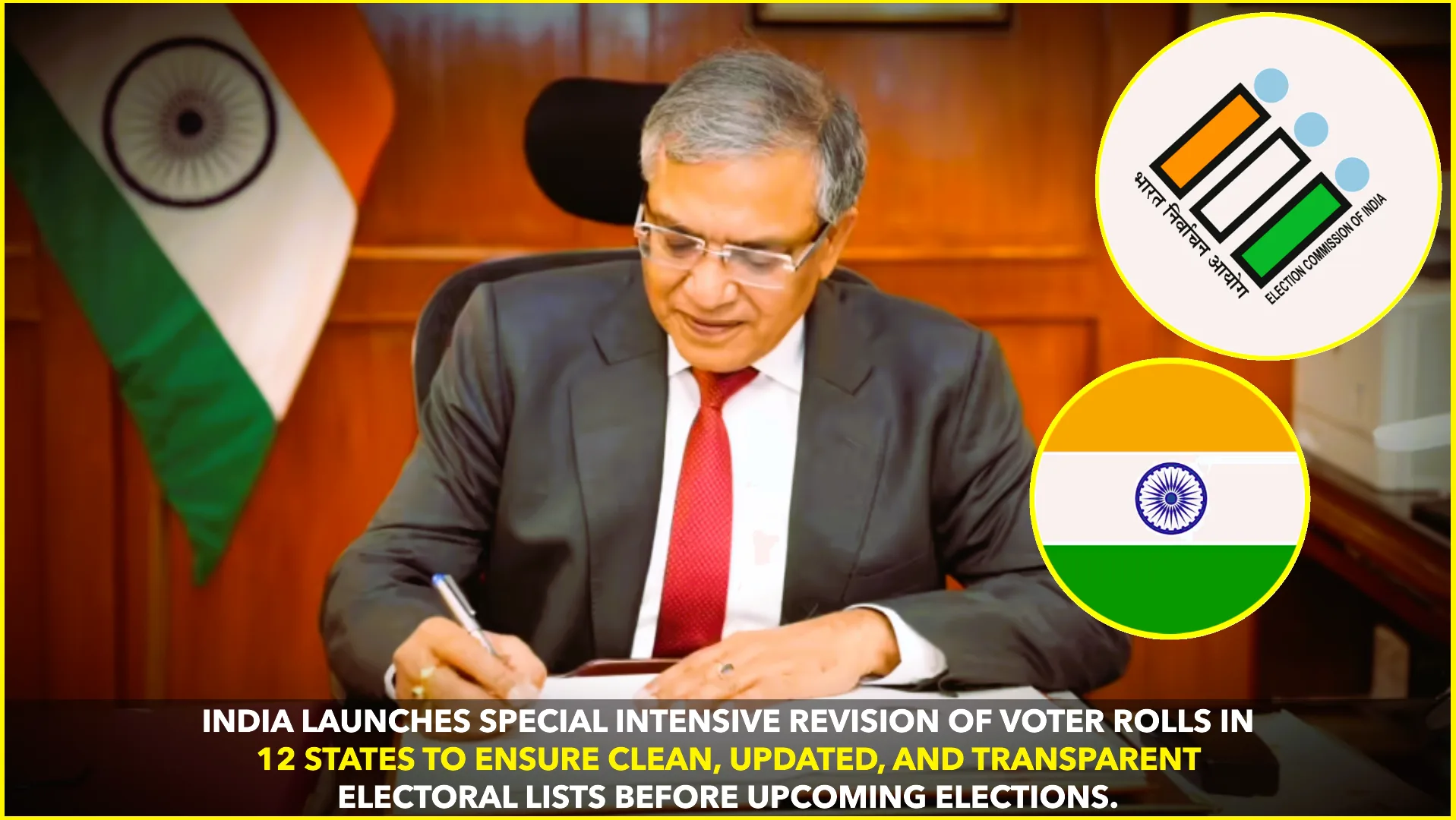India-Canada Relations have taken a significant hit in recent months, following a series of diplomatic tensions stemming from Canadian Prime Minister Justin Trudeau’s accusations linking India to the assassination of Sikh separatist leader Hardeep Singh Nijjar. This development has not only strained the ties between the two countries but also impacted ongoing trade negotiations and posed challenges for India’s broader international relations. The diplomatic fallout underscores the complexity of India’s engagement with Western nations, highlighting economic and geopolitical repercussions.
Background: The Assassination and Allegations
The diplomatic crisis was triggered when Prime Minister Trudeau publicly accused India of being involved in the killing of Hardeep Singh Nijjar, a Sikh leader and vocal supporter of the Khalistan movement, which seeks an independent Sikh state. Nijjar, labeled a terrorist by India, was killed in British Columbia in June 2023. Trudeau’s allegations, which were made in the Canadian Parliament in September 2023, led to a swift escalation of tensions.
In response, India vehemently denied the allegations, calling them “absurd” and “motivated.” The Indian government demanded evidence from Canada to support Trudeau’s claims. Diplomatic expulsions followed, with both countries removing high-ranking officials from their respective embassies. The crisis has resulted in a diplomatic freeze, affecting bilateral relations across various sectors.
Geopolitical Implications of the Fallout
1. Strain on India’s Relations with Western Nations
The India-Canada standoff has drawn international attention, particularly from other Western nations with strong ties to both countries. Canada has urged its allies, including the United States, the United Kingdom, and members of the European Union, to address the issue collectively. However, these nations have so far remained cautious, wary of disrupting their economic and strategic relationships with India.
India’s Position:
- India has carefully navigated its relations with Western nations, particularly amid rising tensions with China. The current diplomatic crisis with Canada may challenge India’s efforts to maintain these ties, especially if more Western countries align with Canada’s position.
- Despite the dispute, countries like the US and UK are unlikely to take a hard stance against India, given their broader geopolitical interests in the Indo-Pacific region and partnerships like the Quad.
Canada’s Position:
- Canada has found itself somewhat isolated, as key allies have refrained from openly supporting Trudeau’s allegations. Canada’s call for international cooperation reflects its effort to galvanize Western nations against what it perceives as Indian interference on its soil.
- However, Trudeau’s domestic political challenges, including his minority government and decreasing popularity, suggest that the issue may also be influenced by Canadian domestic politics.
2. Halt in India-Canada Free Trade Agreement (FTA) Negotiations
The India-Canada Free Trade Agreement (FTA), which had been in advanced stages of negotiation, is now on hold as a direct consequence of the diplomatic fallout. Both countries have expressed interest in deepening their economic ties, especially given the potential benefits of a comprehensive trade agreement.
Economic Implications:
- For India: Canada is an important market for Indian exports, especially in sectors like pharmaceuticals, IT services, and agriculture. The suspension of FTA talks delays the possibility of preferential market access, which could have boosted India’s export potential.
- For Canada: India is a key partner for Canada in sectors such as natural resources and education. With over 230,000 Indian students in Canadian universities, education is a significant contributor to Canada’s economy. Trade barriers could impact student flows, along with energy and agricultural exports to India.
The FTA delay also impacts India’s broader trade strategy, which has focused on diversifying partnerships beyond China and the US. The standoff threatens to derail the progress made in establishing stronger economic links between India and Canada, a development that could have long-term consequences for both economies.
3. India’s International Reputation and Diplomatic Balancing Act
India’s growing prominence on the global stage has meant that its international reputation is more closely scrutinized. Allegations of involvement in extraterritorial killings, even if unproven, could tarnish India’s image as a responsible global player. India’s diplomatic balancing act is complicated by this crisis, as it seeks to maintain cordial relations with other Western nations while addressing Canada’s accusations.
Reputation Concerns:
- India’s efforts to position itself as a leader in the Global South and a major global economy may be undermined by these allegations. The country has long been an advocate for sovereignty and non-interference in the internal affairs of other nations, principles it is now being accused of violating.
- However, India’s response has been assertive, signaling that it will not be swayed by what it considers baseless accusations. This stance has resonated domestically, where there is widespread support for the government’s strong response.
What’s Next?
The future of India-Canada relations remains uncertain, with both sides showing no signs of backing down. Diplomats from both countries have hinted that normalcy will not return until concrete evidence is presented or the political narrative changes. India, meanwhile, will need to continue managing its relations with the broader Western bloc to avoid long-term damage to its geopolitical standing.
Looking Ahead:
- If the situation escalates, India’s relations with other Western countries could be tested, especially if they are pressured to take a stance.
- The delay in the FTA could be prolonged, affecting trade dynamics between the two nations for years to come.
Conclusion
India’s deteriorating relations with Canada mark a significant diplomatic setback that could have far-reaching implications. From economic consequences like the stalled FTA to the broader geopolitical balancing act India must now engage in, the situation underscores the delicate nature of international diplomacy. As the world watches how this diplomatic crisis unfolds, the stakes for both India and Canada continue to rise, with potential ripple effects across their respective political landscapes and economies.
For further insights into India’s geopolitical strategies and its international trade relations, visit epicinfinite.com.
Related Articles:










